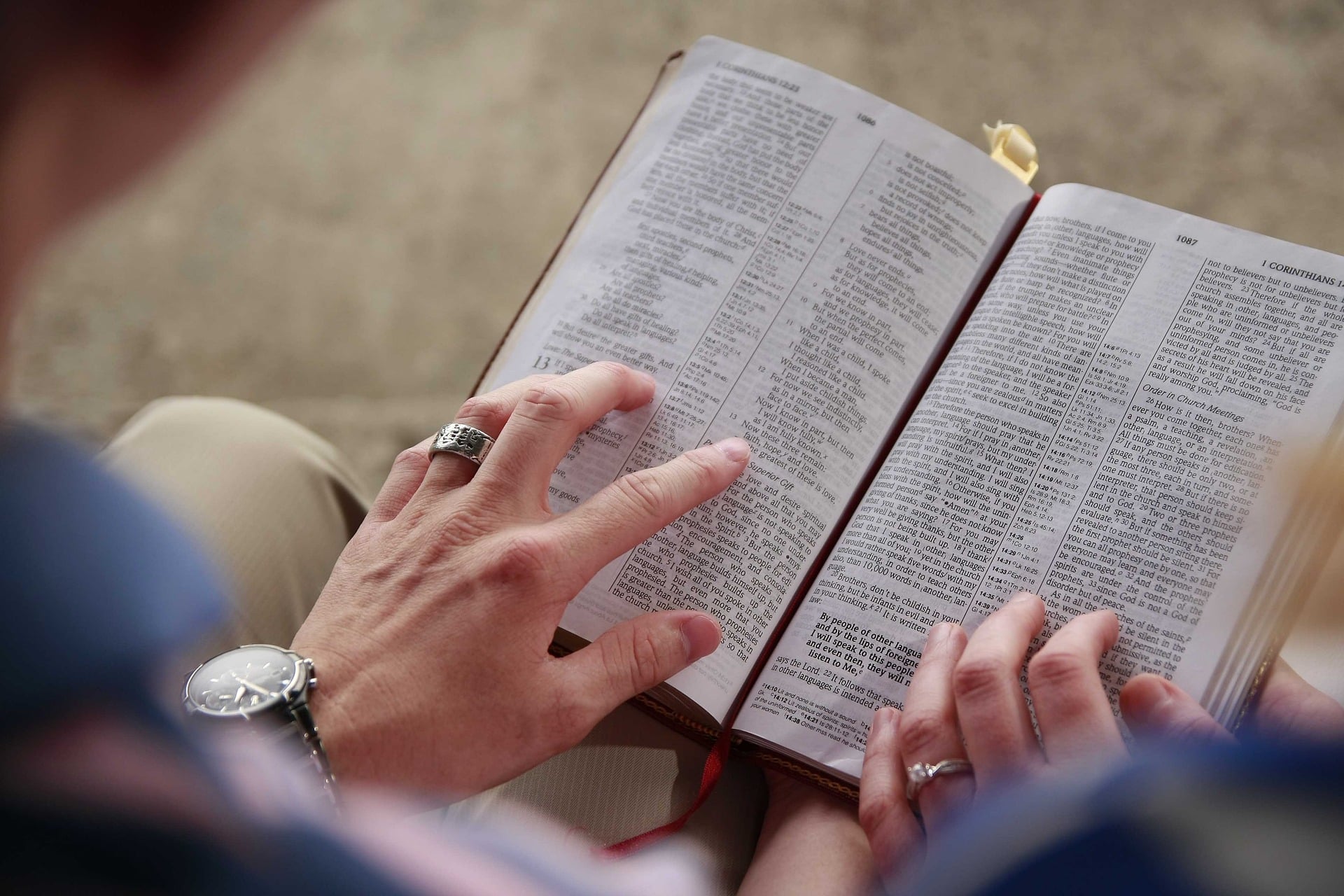
Worship and spirituality can offer substantial support to individuals throughout their addiction treatment. Let’s take a closer look at why incorporating these is a highly beneficial process.
What Are Worship and Spirituality?
You may be wondering what the difference between worship and spirituality is.
“True worship,” says Pastor John MacArthur, “is any and every expression of obedience, praise, honor, adoration, and gratitude offered to the true God by a regenerate soul who knows the truth about God and loves Him.”
“But the hour is coming, and is now here, when the true worshippers will worship the Father in spirit and truth, for the Father is seeking such people to worship Him. God is spirit, and those who worship Him must worship in spirit and truth.” (John 4:23-24)
Spirituality can be defined a number of ways, depending on whether you’re a New Age spiritualist, a Christian, etc. Dr. John Piper writes this: “…[The apostle] Paul’s use of the term spiritual gets its meaning mainly from God’s Spirit, not my spirit. Paul doesn’t call others spiritual because their spirit is especially active or because they have an unusual preoccupation with mystical things, spiritual things.”
“Now we have received not the spirit of the world, but the Spirit who is from God, that we might understand the things freely given us by God. And we impart this in words not taught by human wisdom but taught by the Spirit, interpreting spiritual truths to those who are spiritual.” (1 Corinthians 2:12–13)
Dr. Piper goes on to say, “…Paul’s most basic use of the term spiritual is to refer to true Christians who have the Holy Spirit and therefore are no longer merely natural people but supernatural people, who have been born again by the Spirit, and whose minds are therefore able to see in the gospel the beauty of Christ and the wisdom of God. All true Christians are spiritual in that fundamental sense, and that’s his most basic sense.”
He concludes: “It’s having the Holy Spirit that makes one spiritual–and being formed into the image of Christ by his fruit. That’s mature spirituality.”
Spirituality & the Church In the Recovery Process
Becoming involved in a local church that teaches the Bible is a huge step in the recovery process. It has been said that the local church is God’s intended touchpoint with His people. At a solid local church you should find edification, love, fellowship, brethren to pray with/for you, spiritual leadership, pastoral counseling, and opportunities to serve. That last point–serving at church–is important, so don’t overlook it. Just showing up for the 11 o’clock service on Sunday mornings isn’t going to get you as deeply into the joys of fellowship. Here in Southern California there are fortunately a few Bible-teaching churches that have demonstrated a really, really strong commitment to edifying the saints: Compass Huntington Beach, Compass Long Beach, Compass Aliso Viejo, and Grace Community Church in Sun Valley.
“And let us consider one another in order to stir up love and good works, not forsaking the assembling of ourselves together, as is the manner of some, but exhorting one another, and so much more as you see the Day approaching.” – Hebrews 10:24-25
Spirituality Helps to Find Meaning in Traumatic Events
Traumatic events and grief can often leave people feeling helpless and hopeless, which might trigger substance abuse as a coping mechanism. Those people who turn to their Savior once afflicted by trauma that’s outside of their control are better equipped to avoid engaging in self-destructive behaviors. If, throughout their addiction treatment, people develop a strong belief in the redemptive work of Christ on the cross, they will be better prepared to cope with stressful events in the future by trusting in Him.
“Some trust in chariots and some in horses, but we trust in the name of the LORD our God.” – Psalm 20:7
“The LORD is my strength and my shield; in Him my heart trusts, and I am helped; my heart exults, and with my song, I give thanks to Him.” – Psalm 28:7
“When I am afraid, I put my trust in you.” – Psalm 56:3
“It is better to take refuge in the LORD than to trust in man.” – Psalm 118:8
“The LORD is good, a stronghold in the day of trouble; He knows those who take refuge in Him.” – Nahum 1:7
Worship Helps Cope with Stress
Worship can take a range of forms, including praying, attending church, pursuing Bible studies, and singing in the choir. Even secular research shows that worship is viewed by people who are coping with addiction as a steadying force. Numerous findings show that prayer is commonly associated with a sense of calmness, peace, encouragement, or social support. R. Kent Hughes wrote: “Prayer is like a time exposure to God. Our souls function like photographic plates, and Christ’s shining image is the light. The more we expose our lives to the white-hot sun of His righteous life… the more His image will be burned into our character–His love, His compassion, His truth, His integrity, His humility.”
Hughes goes on to say, “The second, corresponding reason is that prayer bends our wills to God’s will.” He quoted a renowned missionary E. Stanley Jones, who explained prayer like this: “If I throw out a boathook from the boat and catch hold of the shore and pull, do I pull the shore to me, or do I pull myself to the shore? Prayer is not pulling God to my will, but the aligning of my will to the will of God.”
“Do not be anxious about anything, but in everything by prayer and supplication with thanksgiving let your requests be made known to God. And the peace of God, which surpasses all understanding, will guard your hearts and your minds in Christ Jesus.” – Philippians 4:6-7
If your loved one is struggling with addiction problems, there are many reasons why incorporating worship and spirituality into their treatment process could be highly beneficial.
At the LINKS program at Northbound Treatment Center in Newport Beach, our mission is to help Christians on their journey to recovery from substance abuse. We even offer online faith-based addiction treatment for those who have work commitments, family responsibilities, or simply prefer the privacy of home. Contact us if you would like to know more about how we incorporate worship and spirituality into addiction treatments.
